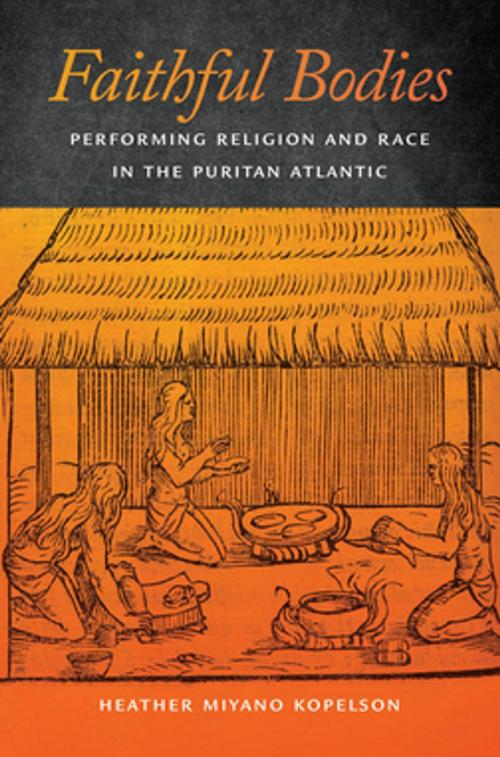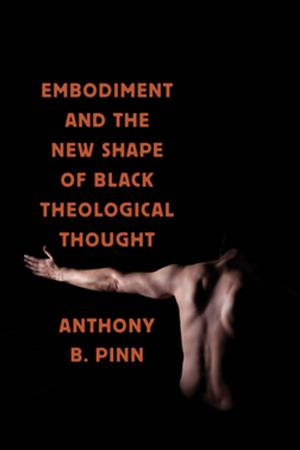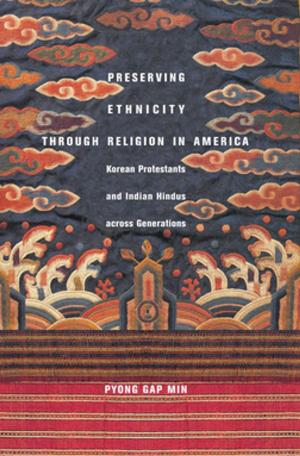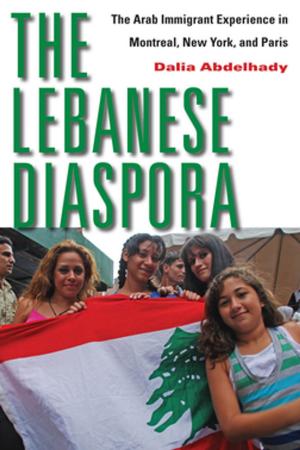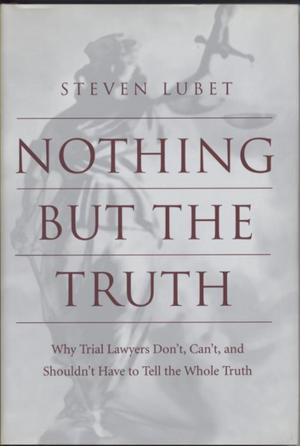Faithful Bodies
Performing Religion and Race in the Puritan Atlantic
Nonfiction, History, Americas, United States, Colonial Period (1600-1775), Religion & Spirituality, Christianity, Christian Life| Author: | Heather Miyano Kopelson | ISBN: | 9781479852345 |
| Publisher: | NYU Press | Publication: | July 18, 2014 |
| Imprint: | NYU Press | Language: | English |
| Author: | Heather Miyano Kopelson |
| ISBN: | 9781479852345 |
| Publisher: | NYU Press |
| Publication: | July 18, 2014 |
| Imprint: | NYU Press |
| Language: | English |
In
the seventeenth-century English Atlantic, religious beliefs and practices
played a central role in creating racial identity. English Protestantism
provided a vocabulary and structure to describe and maintain boundaries between
insider and outsider. In this path-breaking study, Heather Miyano
Kopelson peels back the layers of
conflicting definitions of bodies and competing practices of faith in the
puritan Atlantic, demonstrating how the categories of “white,”
“black,” and “Indian” developed alongside religious boundaries between
“Christian” and “heathen” and between “Catholic” and “Protestant.”
Faithful Bodies focuses on three
communities of Protestant dissent in the Atlantic World: Bermuda,
Massachusetts, and Rhode Island. In this “puritan Atlantic,” religion
determined insider and outsider status: at times Africans and Natives could
belong as long as they embraced the Protestant faith, while Irish Catholics and
English Quakers remained suspect. Colonists’
interactions with indigenous peoples of the Americas and with West Central
Africans shaped their understandings of human difference and its acceptable
boundaries. Prayer, religious instruction, sexual behavior, and
other public and private acts became markers of whether or not blacks and
Indians were sinning Christians or godless heathens. As slavery became
law, transgressing people of color counted less and less as sinners in English
puritans’ eyes, even as some of them made Christianity an integral part of
their communities. As Kopelson shows, this transformation proceeded
unevenly but inexorably during the long seventeenth century.
In
the seventeenth-century English Atlantic, religious beliefs and practices
played a central role in creating racial identity. English Protestantism
provided a vocabulary and structure to describe and maintain boundaries between
insider and outsider. In this path-breaking study, Heather Miyano
Kopelson peels back the layers of
conflicting definitions of bodies and competing practices of faith in the
puritan Atlantic, demonstrating how the categories of “white,”
“black,” and “Indian” developed alongside religious boundaries between
“Christian” and “heathen” and between “Catholic” and “Protestant.”
Faithful Bodies focuses on three
communities of Protestant dissent in the Atlantic World: Bermuda,
Massachusetts, and Rhode Island. In this “puritan Atlantic,” religion
determined insider and outsider status: at times Africans and Natives could
belong as long as they embraced the Protestant faith, while Irish Catholics and
English Quakers remained suspect. Colonists’
interactions with indigenous peoples of the Americas and with West Central
Africans shaped their understandings of human difference and its acceptable
boundaries. Prayer, religious instruction, sexual behavior, and
other public and private acts became markers of whether or not blacks and
Indians were sinning Christians or godless heathens. As slavery became
law, transgressing people of color counted less and less as sinners in English
puritans’ eyes, even as some of them made Christianity an integral part of
their communities. As Kopelson shows, this transformation proceeded
unevenly but inexorably during the long seventeenth century.
